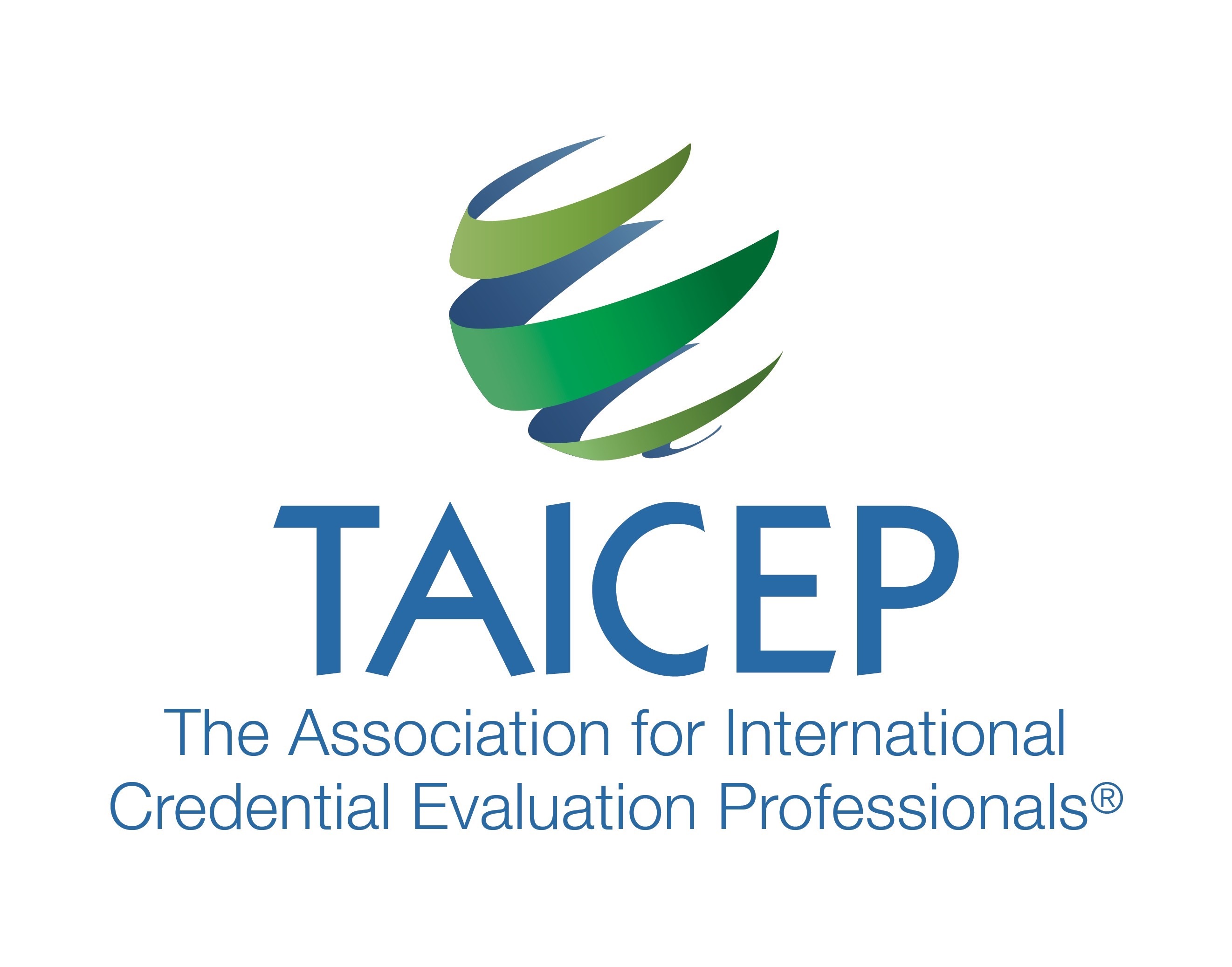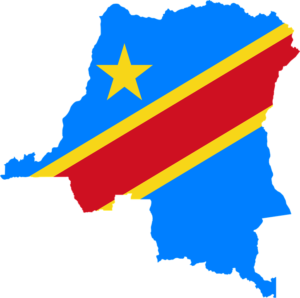Written by: Michel Bédard, Analyste en éducation internationale, Ministère de l’Immigration, de la Diversité et de l’Inclusion (Québec) and Sarah Ledwidge, Manager of Assessment and Research, ICAS International Credential Assessment Service of Canada (Ontario)
The Higher Education Sector
The Ministère de l’Enseignement Supérieur et Universitaire in the République démocratique du Congo is the responsible authority for the recognition of both public and private higher education in this country.
Recognition is an old story in this country. Some Arrêtés de reconnaissance des diplômes (establishing parity with the public university national diplomas) were granted as early as 1977. In 1986, when at least 66 PHEI existed in the country, a law prohibited the creation of new PHEI. That part of the law was repealed in 1989, and the arrêtés d’agrément started to appear in the early 90’s. In essence, the same mechanisms are still in place today, which is uncommon in this part of the world.
There are many higher education institutions in the RDC: a MoHE list published around 2010 contains more than 1100 institutions, 45% of them public and 55% private. As for the PHEI, only around 25% had an agrément provisoire ou définitif, and another 20% an authorisation. The remaining, around 55% (325 PHEI), were illegal institutions.
Recognition steps
The recognition acts of PHEI of the RDC are based on a multiplicity of texts, including the 1986 law that prohibited the creation of new PHEI. Even the newest legal texts, a few years old, don’t give a complete picture of the situation.
The three steps are:
- Autorisation de fonctionnement/creation
- Agrément provisoire
- Agrément définitif
The authorisation de creation, previously known as autorisation de fonctionnement, allows the setting up of an PHEI and to enrol students. A number of criteria must be met, loosely defined in the Loi-Cadre n°14/004 du 11 février 2014 de l’enseignement national (articles 46, 49-52) and expended in the Décret n°15/040 du 14 décembre 2015 portant critères de viabilité des établissements d’Enseignement Supérieur et Universitaire (pages 185-189).
The few arrêtés ministériels portant autorisation de fonctionnement d’un établissement privé d’enseignement supérieur seen from the early 90’s were programmatic rather than institutional.
After three to five years (according to the levels of the programs taught by the PHEI, e.g. the three year graduat or the five year licence), a promotor may require an agrément provisoire.
It is granted through an arrêté ministériel. Once an institutions has an agrément provisoire, its diplomas will be co-issued by the MoHE: a process known as homologation. For comparison, the similar process for a public institution is called entérinement.
All the arrêtés d’agrément provisoire we have seen are programmatic, except some that are faculty-wide for private universities. The one issued between 1991 and 1994 had retroactive effects, up to 10 years in some cases. These retroactive effects are not mentioned anymore since the mid 90’s: the arrêté simply states that the PHEI diplomas are presented to the commission nationale d’entérinement des diplômes (for homologation).
The final step is the agrément définitif, which is after another three to five years. The agrément définitif is granted by a presidential Decree. Contrary to the agrément provisoire, the agrément définitif is not programmatic but institutional.
A total of 70 PHEI were granted an agrément (définitif) in two presidential Decrees of 2006, for a total of 70 PHEI.
Note that the 2014 Law and the 2015 Decree mentioned above reduce the recognition process to two steps: création and agrément. It states the agrément is granted by a Decree from the Prime Minister, and it implies that the diplomas delivered by a PHEI agree are recognized (article 61 of the Law and Article 5 of the Decree). No such diplomas have been seen yet.
Quality control
The RDC is one of the few countries of the region where the quality requirements were, at some point, clearly defined, with points associated with the different criteria (see Annexe 1, pages 46-49). An institution, public or private, (and its programs) had to attain 50 points (out of 100) to be considered viable. From 40 to 49, the institution was on probation; it is given two years to reach the passing mark of 50 points. Below 40 points, and the institution, or program was closed. If a PHEI had an agrément, it became void.
A vast audit of public and private institutions took place from 2009 to 2011, leading to the closure of 3 public institutions and 47 private institutions.
Note: Public and private institutions may share a same name: According a MoHE 2010 mentioned above, there are no less than 86 Instituts supérieurs de techniques médicales (ISTM) in the RDC: 47 public ones, 21 PHEI authorisés or agréés, and 18 unauthorized.
Even if PHEI institutions existed long before, the recognition process as it still exists today was put in place from the mid-80’s.
It has a somewhat complicated history. The Loi-Cadre 86-005 du 22 septembre 1986 sur l’enseignement national prohibited the creation of PHEI. However, at least 66 PHEI existed before the law was adopted. And another two confessional PHEI obtained in 1977 an arrêté de reconnaissance des diplômes, granting parity with the public university national diplomas. In 1989, the creation of PHEI was allowed again.
** Please see our further articles on the complex nature of recognition in French-speaking Africa and on Bénin in this edition. Look forward to articles on institution and program recognition in Cameroun and Côte d’Ivoire in an upcoming edition of the TAICEP Talk Newsletter
Inside this edition:
President’s Welcome -January 2018 Newsletter
Committee Updates -January 2018 Newsletter
Organizational Structure Updates -January 2018 Newsletter
TAICEP Meet Your 2018-2019 Leadership Team -January 2018 Newsletter
Indian Diploma Programmes Awarded by State Boards for Technical Education -January 2018 Newsletter
Brief Primer on the American Territories -January 2018 Newsletter
Cambridge Advanced Coursework: An Introduction -January 2018 Newsletter
Secondary Credential Overview- Part I -January 2018 Newsletter
European Union General Data Protection Regulation -January 2018 Newsletter
Building a Resource Library, Part III -January 2018 Newsletter
Memoriam to David Millar -January 2018 Newsletter
TAICEP News -January 2018 Newsletter
Add to your Library -January 2018 Newsletter
Recent TAICEP Events January 2018 Newsletter
Upcoming TAICEP Events -January 2018 Newsletter
From the TAICEP Website -January 2018 Newsletter
Notes from the Field -January 2018 Newsletter

